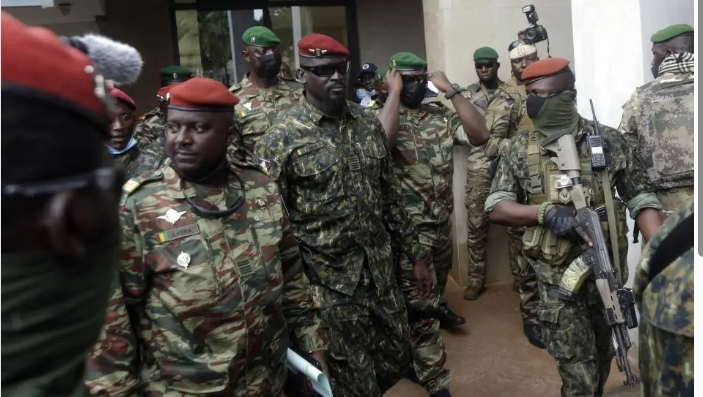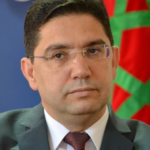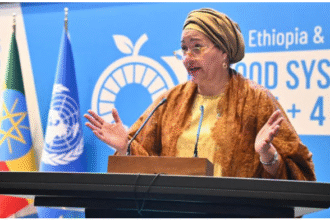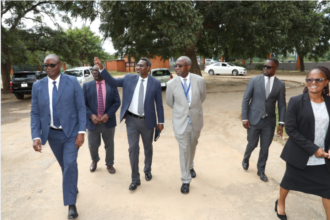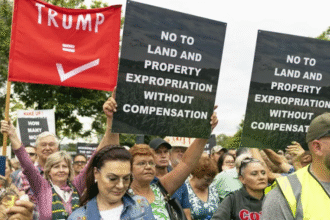Conakry, Guinea – Hopes for a swift return to civilian rule in Guinea are fading as the military junta, which seized power in a 2021 coup, continues to consolidate its grip on the nation. Despite international pressure and commitments to a transition, signs suggest a prolonged period of military governance, leaving citizens and the international community increasingly concerned.
The National Committee of Reconciliation and Development (CNRD), led by Colonel Mamady Doumbouya, initially promised a return to democratic rule within a reasonable timeframe. However, progress has been slow and often opaque, with key decisions made behind closed doors. The junta has cited a need to address corruption and reform the country’s institutions before holding free and fair elections.
While the CNRD has established a transitional parliament and appointed a civilian Prime Minister, Bah Oury, the ultimate power remains firmly in the hands of the military. Critics argue that the transition plan lacks clarity and concrete benchmarks, allowing the junta to indefinitely postpone elections.
“The initial optimism has dissipated,” says Mariama Diallo, a political analyst based in Conakry. “The military is using the excuse of necessary reforms to entrench their power. The lack of transparency and the continued suspension of political activities are worrying signs.”
The junta has faced criticism for cracking down on dissent and restricting freedom of expression. Several opposition leaders and civil society activists have been arrested or harassed, raising concerns about the suppression of political pluralism.
The Economic Community of West African States (ECOWAS) has repeatedly called for a swift return to constitutional order and imposed sanctions on Guinea in an attempt to pressure the junta. However, the effectiveness of these measures remains limited, with the CNRD demonstrating a willingness to weather international condemnation.
Adding to the complexity of the situation is the ongoing fragmentation of the political landscape. Opposition parties are struggling to unite against the military regime, and the lack of a cohesive platform complicates the process of negotiating a genuine transition.
The economic situation in Guinea is also precarious. The country, rich in natural resources, continues to suffer from widespread poverty and inequality. The political instability and uncertainty surrounding the transition are hindering investment and economic growth.
As the months pass, the prospect of a near-term return to civilian rule in Guinea looks increasingly distant. The international community faces a delicate balancing act: maintaining pressure on the junta to honor its commitment to democracy while avoiding further destabilizing the country. For Guineans, the future remains uncertain, with many fearing a prolonged period of military rule and the erosion of democratic freedoms.


